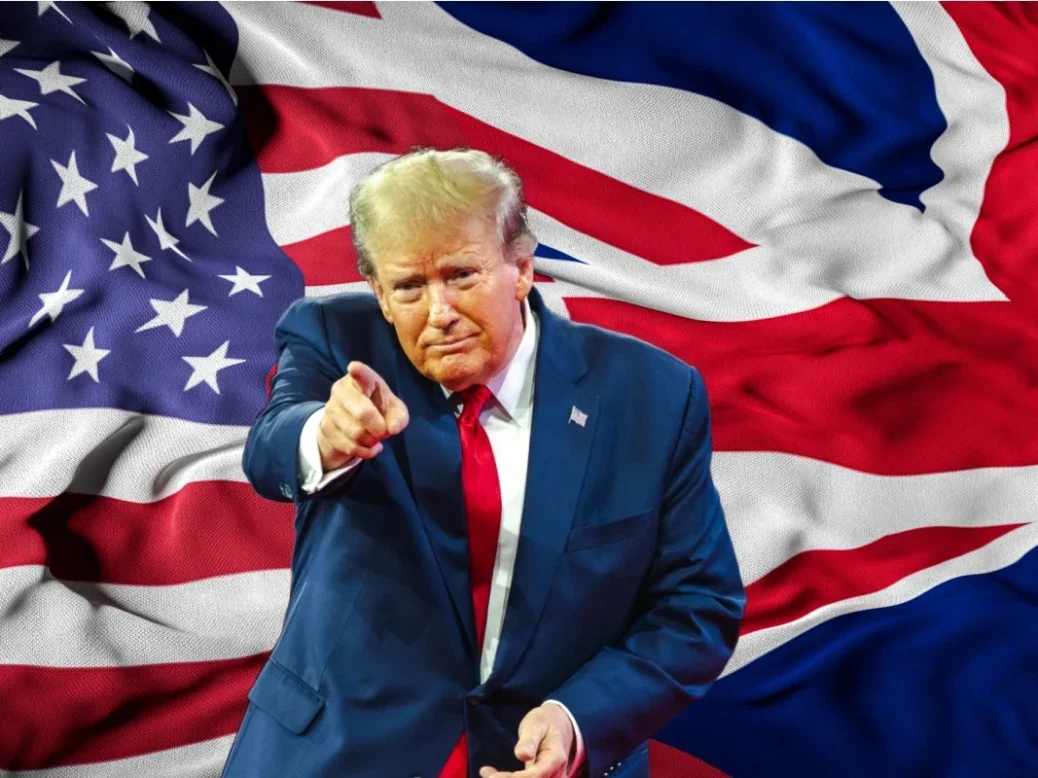
The significant new tax regime announced by Rachel Reeves in her Autumn Budget could make the UK an attractive destination for wealthy expats, including American citizens seeking a temporary haven after a US presidential election that put Donald Trump in the White House.
The UK government introduced tough non-dom rules, but the change did offer an olive branch to the international community with a four-year exemption from taxes on foreign income and gains.
Could this four-year exemption make the UK attractive to overseas high-net-worth individuals? Spear’s experts explore the possible fallout created by the colliding forces of a British Budget and a US election.
A four-year tax window
Spear’s Top Flight tax expert Robert Brodrick, partner in Payne Hicks Beach private client department, described the four-year window as ‘incredibly generous’.
‘We’ve gone from one extreme to the other,’ he explains. ‘For four years, it’s a very attractive arrangement, but afterwards, it becomes unnecessarily harsh.’
[See also: Where have all the UK billionaires gone?]
These four years – coincidentally the period of a US president’s term in office – creates a window for individuals who, for personal or political reasons, may wish to leave their home countries temporarily.
As a result, the UK may become a ‘tax haven’ for those seeking a politically stable environment during challenging times.
James Frampton, private wealth partner at Michelmores, says he has observed an uptick in interest from American clients and British expats in the US following the recent election.
‘There’s been an increase in inquiries from clients considering returning to the UK over concerns about another Trump administration,’ he says.
The cultural ties, common language, and political stability make the UK an appealing option for Americans and returning British expats seeking a more predictable environment.
And post-Budget there is further incentive, with Frampton agreeing that ‘British expats and US citizens considering moving to the UK following Trump’s victory will benefit from changes to the UK’s income and gains regime’
Who would benefit from the new UK tax regime?
The policy is only applicable to those who have not been UK residents in the past decade, which could include many HNWs globally.
’It does seem that there are two sorts of categories of people who are really going to benefit,’ Brodrick notes. ‘One is people who won’t be happy living in the US under Trump, for instance. They can come to the UK, stay for four years without being taxed on foreign income, and then potentially return.’
High-net-worth individuals who relocate to the UK will be still taxed in the US, but will not incur additional tax burdens on their foreign income while living in the UK.
Another group likely to find the policy appealing includes those from residence-based tax jurisdictions outside the US, where taxes are determined by residency rather than global income. ‘They can use the UK as a base to sell their business tax-free,’ Brodrick explains, referring to how some non-US-based business owners could temporarily relocate, avoiding taxes on large transactions while in the UK.
This new regime may also benefit the descendants of wealthy non-residents with family trusts, says Brodrick.

‘For the children and grandchildren of wealthy people in established structures, this is quite helpful. They can come to the UK as trust beneficiaries and stay for four years tax-free.’
Afterwards, they’ll only be taxed on income directly received from the trust, while the overall inheritance remains outside the UK’s tax scope.
A ‘friendly invasion’ of wealthy Americans?
With these changes, the UK is positioning itself as a more flexible, tax-friendly environment that could attract an influx of affluent expats, especially those concerned about the direction of US politics.
Brodrick remains cautiously optimistic: ‘Hopefully, people won’t abuse the system, but I think the UK could be a very attractive place to be, even for four years.’
[See also: From capital gains to inheritance tax, what the budget means for Britain’s wealthy]
The government appears to be banking on HNW
s bringing significant wealth into the country, spending on property, hiring staff, and enrolling children in UK schools (and paying VAT on fees from January, as Brodrick notes).
As Brodrick suggests: ‘Even if they aren’t paying as much tax, they’re still contributing to the local economy in a way that the government hopes will outweigh the loss of tax on foreign income.’






